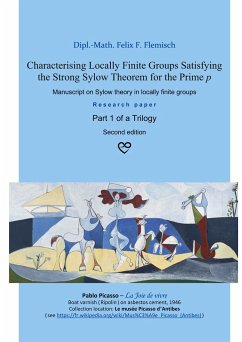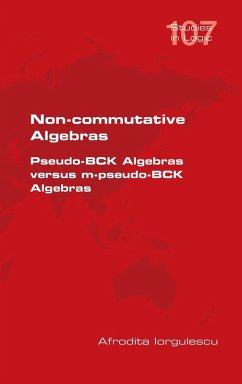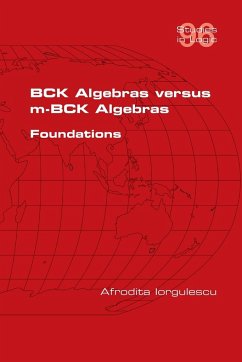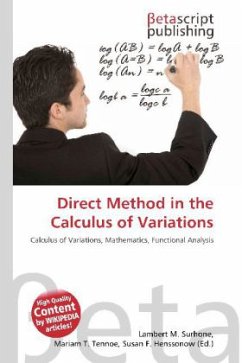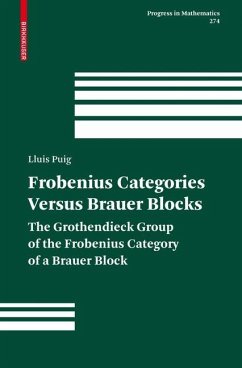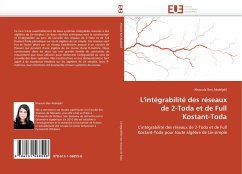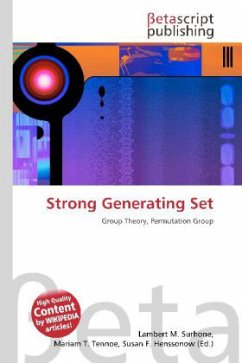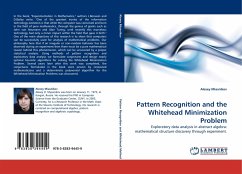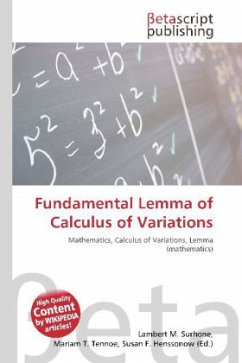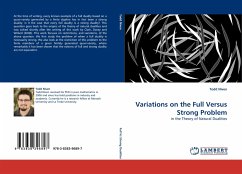
Variations on the Full Versus Strong Problem
in the Theory of Natural Dualities
Versandkostenfrei!
Versandfertig in 6-10 Tagen
38,99 €
inkl. MwSt.

PAYBACK Punkte
19 °P sammeln!
At the time of writing, every known example of a full duality based on a quasi-variety generated by a finite algebra has in fact been a strong duality. Is it the case that every full duality is a strong duality? This question goes back to the origins of the theory of natural dualities and was solved shortly after the writing of this work by Clark, Davey and Willard (2006). This work focuses on restrictions, and variations, of the above question. We first study the problem of when a full duality is necessarily strong. We also look at the restriction of this problem to the finite members of a gi...
At the time of writing, every known example of a full duality based on a quasi-variety generated by a finite algebra has in fact been a strong duality. Is it the case that every full duality is a strong duality? This question goes back to the origins of the theory of natural dualities and was solved shortly after the writing of this work by Clark, Davey and Willard (2006). This work focuses on restrictions, and variations, of the above question. We first study the problem of when a full duality is necessarily strong. We also look at the restriction of this problem to the finite members of a given finitely generated quasi-variety, where remarkably it has been shown that the notions of full and strong duality are not equivalent.



